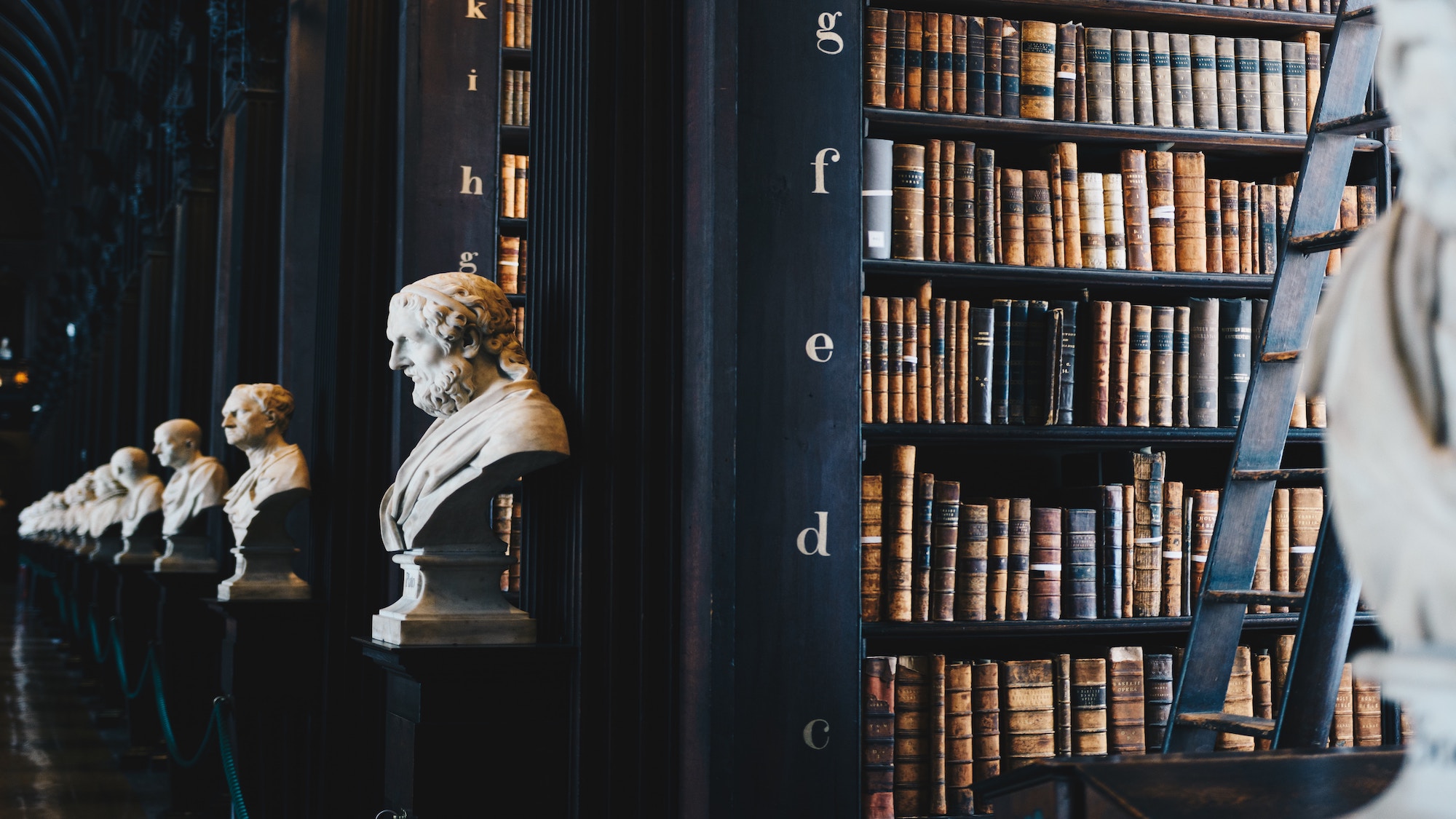

Internet Archive, best known for a tool called the Wayback Machine, is also a massive non-profit digital library, free to everyone who creates an account with their email address. However, in 2020, it was sued by four corporate publishers over copyright issues, and in 2022, the non-profit organization asked a federal judge to put a stop to the lawsuit. Last week, the case came before US District Judge John Koeltl of New York, and on Friday, the federal judge ruled in favor of the publishers.
At its heart, the dispute is around the way that the digital library lends books. Hachette Book Group, which comprises Hachette, HarperCollins, Penguin, and Wiley, alleged that 127 books under their copyright were scanned and loaned out electronically without their permission. Internet Archive argues that this practice is fair use.
Typically, public and academic libraries acquire books for their patrons by either buying the physical copies, or paying for ebook licenses through so-called aggregators like OverDrive. Each publisher has a slightly different profit model when it comes to licensing. But in summary, all of them are fairly lucrative. “For example, library ebook licenses generate around $59 million per year for Penguin. Between 2015 and 2020, HarperCollins earned $46.91 million from the American library ebook market,” according to a court filing on the case.
[Related: A copyright lawsuit threatens to kill free access to Internet Archive’s library of books]
Internet Archive mostly employed a practice called Controlled Digital Lending, where it first purchases a hard copy of a book, and scans it to make an ebook. Controlled Digital Lending works so that if the library owns one physical copy of a book, it can lend the digital version out to one user at a time, and if it owns four physical copies, then it can lend out four digital copies. Internet Archive uses software to ensure that users cannot copy or view the copies after the loan period.
But, it temporarily suspended this policy during the COVID-19 lockdowns in order to implement a “National Emergency Library.” With the Emergency Library in place from March to June 2020, that policy was relaxed. As a result, many readers were allowed to borrow the same book simultaneously. And this appears to be the key issue that is swaying the judge to the publishers’ side, NPR reported. Reuters reported that Koeltl honed in on the question of “whether the library has the right to reproduce the book that it otherwise has the right to possess.”
Internet Archive doesn’t dispute that it copied the publishers’ works without permission. But its argument is that the doctrine of fair use “allows some unauthorized uses of copyrighted works,” granted that it aligns with the copyright law’s original purpose, which is to “promote the Progress of Science and useful Arts,” according to the court filing. Fair use exemptions in court can be complicated and are considered on a case-to-case basis, since many factors like the effect on the market, the transformation on the original, and the purpose of use need to be accounted for. And ultimately, the judge ruled that “each enumerated fair use factor favors the Publishers.”
Based on the ruling, Internet Archive can still distribute books in its collection that are public domain. “It also may use its scans of the Works in Suit, or other works in its collection, in a manner consistent with the uses deemed to be fair in Google Books and HathiTrust,” the filing stated. “What fair use does not allow, however, is the mass reproduction and distribution of complete copyrighted works in a way that does not transform those works and that creates directly competing substitutes for the originals.”
In a statement, Internet Archive said that it planned to appeal the judgment. “This decision impacts libraries across the US who rely on controlled digital lending to connect their patrons with books online,” Chris Freeland, the director of Open Libraries at Internet Archive, wrote in a blog post. “It hurts authors by saying that unfair licensing models are the only way their books can be read online.”
Additionally, in its petition site’s FAQ, Internet Archive noted that the ruling has the potential not only to impact how libraries work, but also on preserving content against the threat of censorship. “Most digital books can only be licensed, meaning there is effectively only one copy of a digital book and it can be edited or deleted at any time with zero transparency,” the site stated. “In this scenario, profit-motivated big publishing shareholders for companies like Newscorp, Amazon, and Disney are in control of whether a book is censored or not.”
